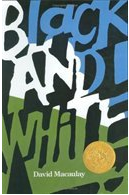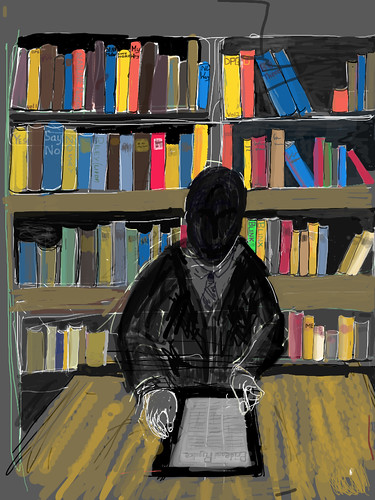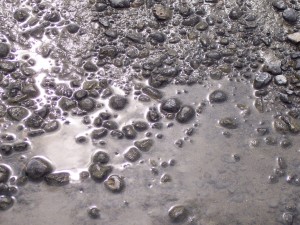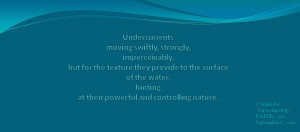As a grade one teacher, I found the following quote very interesting. From my observations of young learners, I completely agree. Text that children read is represented in so many different ways, such as Pokémon cards, and their interest must be hooked.
“Children’s literature today embodies cues for reading that extend beyond the letters and words on the page, demanding interpretation and interaction with the text beyond the de- coding of print. The computerization of type design and the photomechanical printing technologies available today make it easier for words to look like anything, appearing anywhere on the page in any color, size, or shape. Graphics add to the meaning or even are the meaning, causing readers to focus on symbols and signs and visual designs, cues often unrelated to the alphabetic writing system of language placed in print” (Hammerberg, 2001, p. 207).
Reference:
Hammerberg, D. (2001). Reading and writing “Hypertextually”: Children’s literature, technology, and early writing instruction. Language Arts, 78(3), 207-216. Retrieved from ERIC database. (EJ619540)







